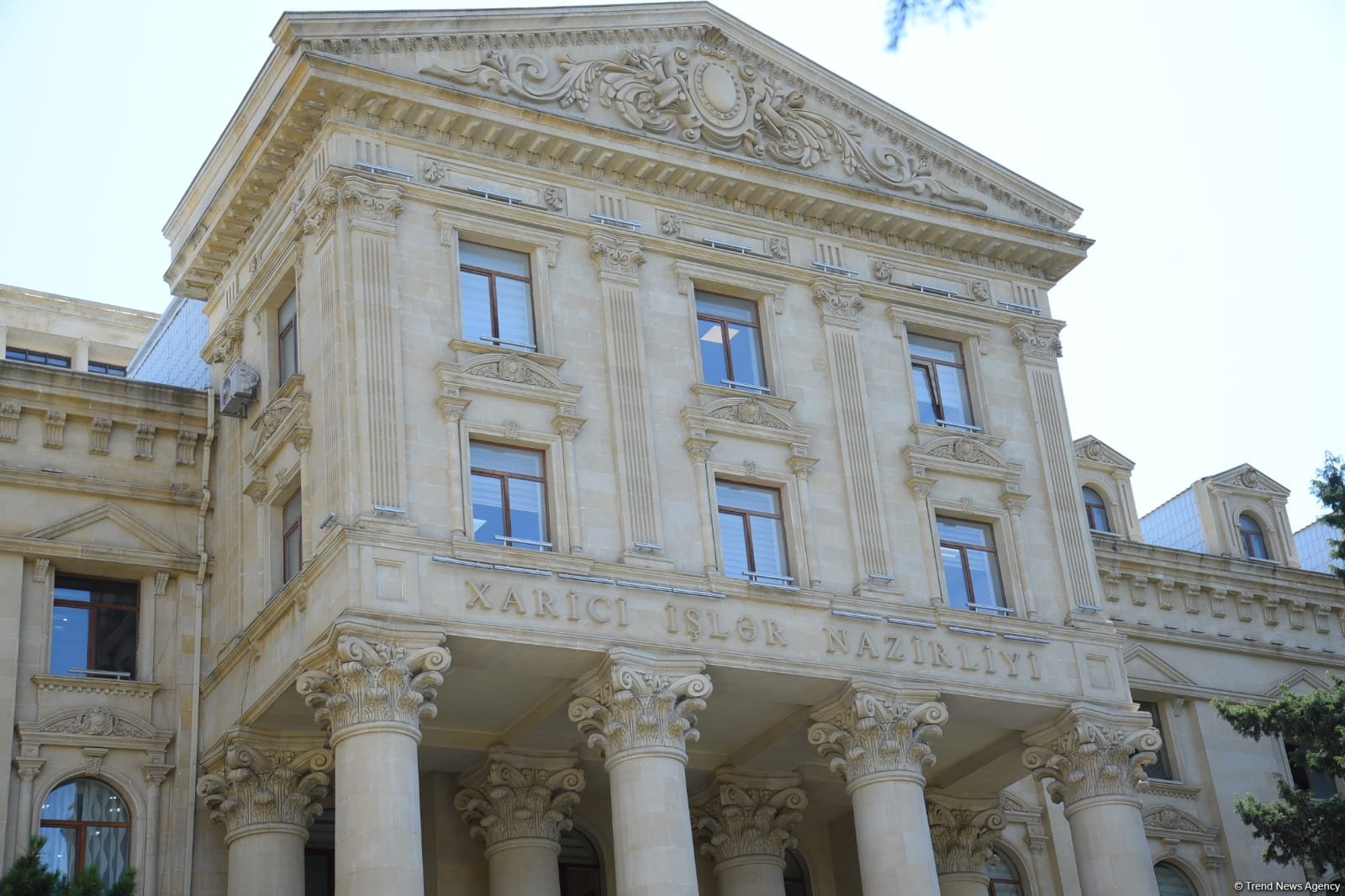BAKU, Azerbaijan, November 18. The Republic of Azerbaijan, as an active and responsible party to the Framework Convention for the Protection of National Minorities and very well known for the promotion of ethnic, cultural, linguistic, and religious tolerance and respect worldwide, has closely cooperated with the Advisory Committee of the Framework Convention during the fifth cycle of the country-specific monitoring, Trend reports via Azerbaijani Foreign Ministry.
Following the submission of the report for this cycle, the Committee delegation visited Azerbaijan. Along with representatives from numerous relevant state institutions, they met with representatives of national minorities in the regions. They also held meetings at the Office of the Commissioner for Human Rights (Ombudsman) and with minority NGOs.
While the Fifth Opinion of the Advisory Committee, published on November 18, 2024, acknowledges the government's efforts in implementing the Convention, the Committee's specific approach raises serious questions, as many of the conclusions lack substantiation and do not accurately reflect the realities on the ground. The Opinion overlooked and ignored many positive national achievements, successful national policies, reforms, and initiatives.
Furthermore, the majority of politicized claims regarding the developments that occurred after the anti-terror measures of September 2023 extend beyond the scope of the fifth monitoring cycle. Since Azerbaijan’s Fifth State Report contains relevant data for the period of 2017–2022, as well as remarks that the Convention could not be implemented in the reporting period due to ongoing military occupation and lack of legitimate sovereign control of the Republic of Azerbaijan in the areas where Armenian ethnicities reside, the Advisory Committee’s claims fall outside its mandate to assess the implementation of the Convention within a specific timeframe.
When planning for the fragile post-conflict period after the end of military occupation of a part of the Republic of Azerbaijan, which had prevented the government from fully applying the Framework Convention to people of Armenian descent living there, the Advisory Committee should not have rushed to make decisions and should have been extra careful not to upset the already fragile process.
Unfortunately, the committee arbitrarily expanded the scope of its assessment beyond the mandated timeframe, demonstrating a politically motivated and biased approach.
The Advisory Committee’s selective approach—focusing on the Armenian ethnic group while neglecting others—and its overreliance on information from unidentified sources without specifying the relevant examples further demonstrate a predisposed approach by the committee.
Many false claims are unacceptable, including the misinterpretation of relevant decisions from the International Court of Justice and evaluations that significantly differ from the opinion of the Human Rights Commissioner of the Council of Europe. These claims pertain to matters unrelated to the Committee's field of expertise and mandate, such as the situation around the Lachin road or the migration of ethnic Armenians from the Karabakh region to Armenia.
Reiterating that the Framework Convention not only safeguards the rights of individuals belonging to national minorities, but also upholds the rule of law, sovereignty, territorial integrity, and constitutional structure of the respective states, is crucial. Despite this, the Opinion unilaterally mentions the need to protect the rights of ethnic Armenian residents and ignores the obligation of persons belonging to that category to comply with the legislation of Azerbaijan.
Another matter of significant concern is the inconsistent application of the standards to the Member States. Regrettably, the Committee treats some countries differently despite their similar minority rights situations. The committee continues to ignore the rights of Azerbaijanis who faced forcible expulsion from their native lands in Armenia due to ethnic cleansing policies.
Moreover, the evaluation of the overall human rights situation in the country goes beyond the mandate of the Advisory Committee and the scope of the Convention, while also lacking a clear connection with the purpose and objectives of the Opinion. In this regard, the call by the Advisory Committee to revise the Law on Media and the Law on NGOs is neither relevant nor adequate.
The protection of human rights and fundamental freedoms and ensuring a decent standard of living for its citizens is the supreme goal of the state. Azerbaijan has taken and continues to take consistent measures in this direction.
Stay up-to-date with more news on Trend News Agency's WhatsApp channel







